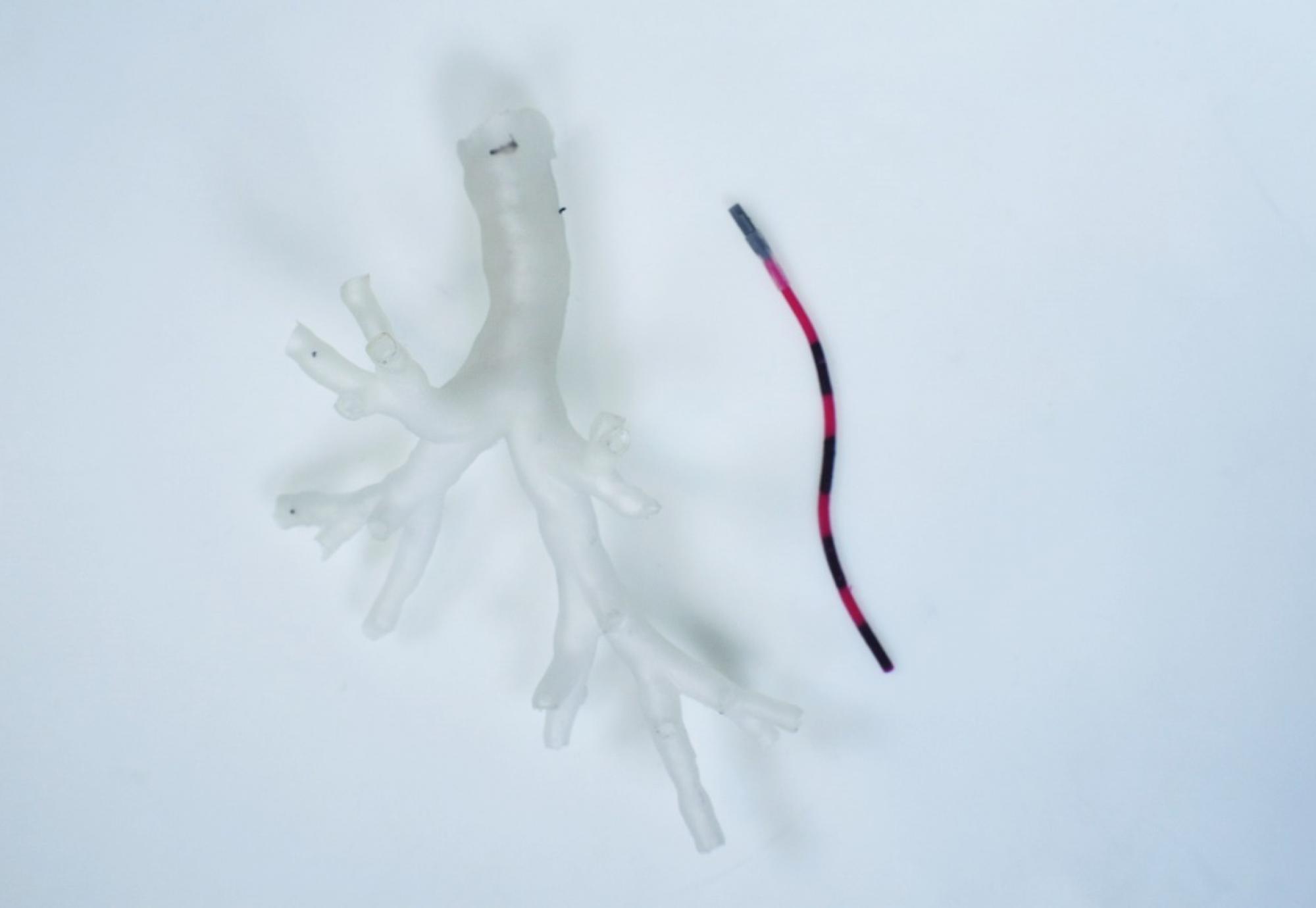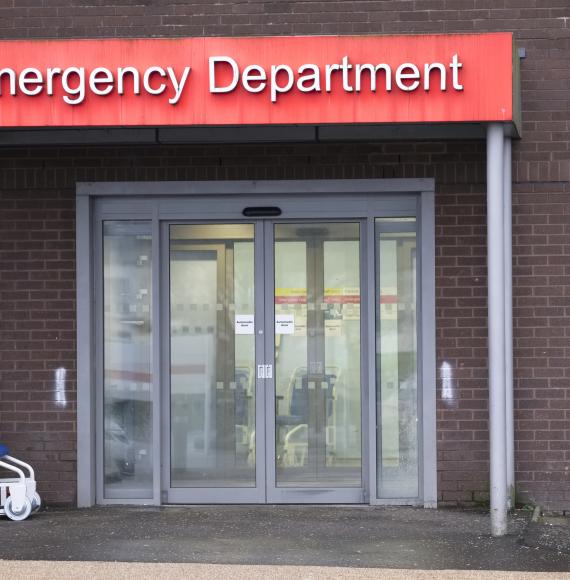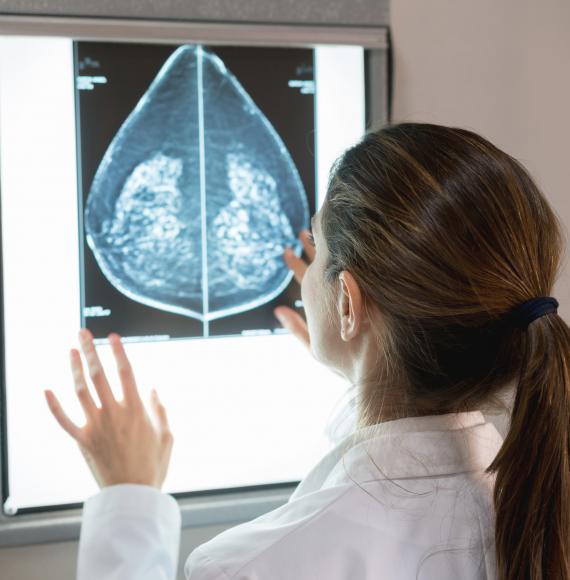Scientists and engineers from the University of Leeds have developed a new robot measuring just 2mm in diameter which can reach the smallest bronchial tubes in the lungs.
Titled the magnetic tentacle robot, the new invention uses two magnets on the outside of the patient to guide the bot through the body.
A group of scientists, engineers and clinicians at the STORM Lab pioneered the robot to assist in endoscopy and catheter procedures which requires a fine tube to be inserted into the patient’s body.
The robot, which is around twice the size of the tip of a ballpoint pen, has been tested using a 3D replica of a bronchial tree and will soon move onto the next phase of research where scientists will investigate the effectiveness of the device in navigating human lungs.
The STORM Lab UK – standing for Science and Technologies of Robotics in Medicine (STORM) Lab – where the robot was developed forms part of the University of Leeds.
Professor Pietro Valdastri, Director at STORM Lab, said: “A magnetic tentacle robot or catheter that measures 2 millimetres and whose shape can be magnetically controlled to conform to the bronchial tree anatomy can reach most areas of the lung, and would be an important clinical tool in the investigation and treatment of possible lung cancer and other lung diseases.
“Our system uses an autonomous magnetic guidance system which does away for the need for patients to be X-rayed while the procedure is carried out.”
A bronchoscope is the device currently used by doctors when examining a patient’s lungs or air passages but due to its larger size of 4mm, it can only travel to the upper levels of the bronchial tree.
Its cumbersome structure can make it hard to maneuver which is why the new magnetic tentacle robot, if successful in the next stages, could be used in place of the current methods.
Dr Cecilia Pompili, Research Fellow and Thoracic Surgeon at Leeds Teaching Hospitals NHS Trust, added: "This new technology will allow to diagnose and treat lung cancer more reliably and safely, guiding the instruments at the periphery of the lungs without the use of additional X-rays."
The robot could still take several years to make available for use in hospitals but could improve the future of lung cancer diagnosis.
Photo and video credit: University of Leeds



















